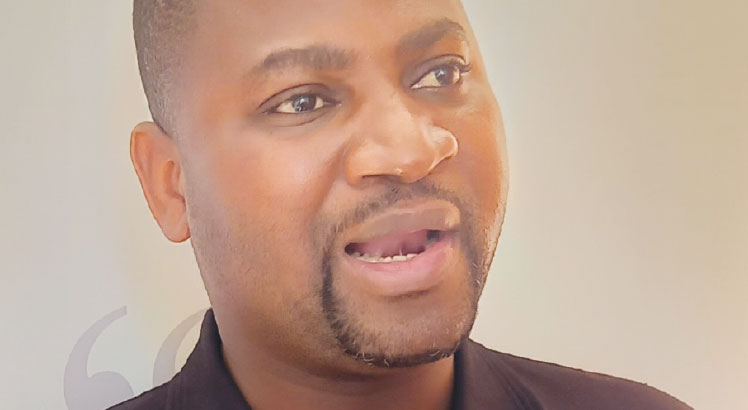Delays at PPDA worries board
The Public Procurement and Disposal of Assets Authority (PPDA) board of directors has admitted delays in issuance of No-Objection to contracts between government entities and private firms.
About 250 government entities submit to the PPDA various contracts when they are disposing of government assets, but there have been complaints that the processes are too slow.

The board chairperson John Suzi Banda, in a response to a questionnaire, attributed the delays to low staff levels, explaining the authority is operating at 50 percent of the required staff.
But executive director of Centre for Social Accountability, Willy Kambwandira, has said it is unfortunate that oversight institutions such as PPDA are justifying their incompetence and underperformance to understaffing.
“The expectation is that PPDA should strive to promote proactive disclosure of procurement information including open contracting. We are of the view that these are just deliberate tactics for the institution to create a fertile ground for corruption and benefit from the system.
“It is sad that PPDA has miserably failed to adhere to its principles and values of promoting transparency and accountability. The continued secrecy only raises speculation of organised corruption,” he said.
Kambwandira also said PPDA should have utilised their information portal to share information and particulars of suppliers to various ministries, departments and agencies to avoid creating unnecessary suspicions of corrupt dealings as is the case.
He said it was important for PPDA to embrace the concept of open contracting and proactive disclosure of information as 70 percent of the national budget is spent on procurement.
Suzi-Banda attributed the delays to, among other obstacles, lack of digitisation, saying the PPDA is operating manually on large volumes of submissions.
He also said other causes of delays in issuing No-Objection include incomplete submissions by procuring and disposing of entities and deviation from the law.
The board chairperson said if the law is not followed, it entails a back-and-forth process between the procuring and disposing of entity and the PPDA, adding legal requirements under the PPDA Act and other government processes must at all times be adhered to.
“The nature of submissions differs based on complexity. Highly complex and technical submissions require time for thorough scrutiny and understanding,” said Suzi-Banda.
In addressing some of the challenges, Suzi-Banda said PPDA is reviewing the thresholds of the value of contracts for which applications have to go to the PPDA.
“We are also training procurement professionals and members of Internal Procurement and Disposal Committees of various entities to ensure that we get quality submissions.
“This would reduce the back-and-forth we sometimes have. On addressing human resource capacity constraints, the PPDA has embarked on mass recruitment of staff to enhance the number of personnel who work on submissions for prior review submitted by procuring and disposing of entities,” the board chairperson said.
He further said the authority was in the process of digitising public procurement nationally, as such it was also rolling out in-house digitisation of approval processes to enhance speed of clearance of submissions.
Digitisation, the board chair said would give a credible audit trail because the system is transparent at every stage.
“So far we have just concluded the pilot phase of the implementation of an IT system which shall track the path of submissions for approvals from submission to conclusion.
“This will help us appreciate where the bottlenecks are and how to deal with them. PPDA is working with other stakeholders involved in the prior review process and contract review process to streamline processes to reduce the number of days it takes to approve the process.”
He also said they were examining whether they would need other vetting offices such as the Government Contracting Unit, the Office of the President and Cabinet or the Ministry of Justice.
Suzi-Banda said the authority’s decisions are subject to further review by an independent committee of professionals in case of a challenge by a procuring and disposing of entity or a supplier.
Asked that some people have attributed the delays to underhand dealings, he said this was an incorrect perception which they expected, being a public entity.
“There will always be criticism. This is expected. We need to use this to reflect how we can best serve the people. But people must remember that we serve close to 250 procuring and disposing of entities.
“Serving over two hundred entities is a mammoth task. It cannot be easy at all, especially with our current capacity challenges. Procurement processes go through several stages from the PPDA to several other institutions, including the Anti-Corruption Bureau which is required to clear high value contracts under the PPDA Act,” said Suzi-Banda.






One Comment